Kurdish women: from fighting Daesh to resisting Turkish violence
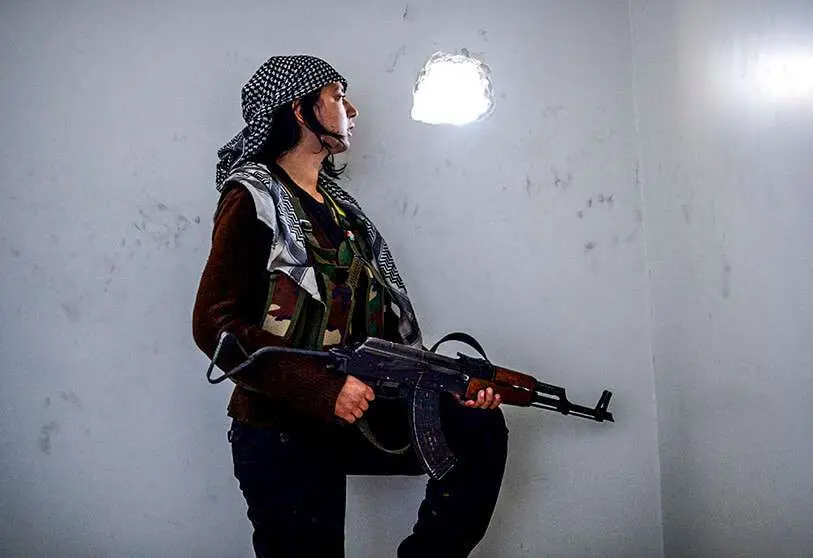
Six years have passed since the liberation of the city of Kobane, a strategic enclave under the yoke of Daesh and the scene of fighting where the role of the YPJ in the fight against jihadism became internationally known. Northern Syria is now largely controlled by the Syrian Democratic Forces and Turkish-backed forces.
Turkey has taken part in the Syrian war by launching several offensives against Syrian Kurdish militias, which it brands as terrorists because of their links to the Kurdistan Workers' Party (PKK). Turkey's aim is to establish a 32-kilometre-wide, 480-kilometre-long "safe zone" along the border under its exclusive control.
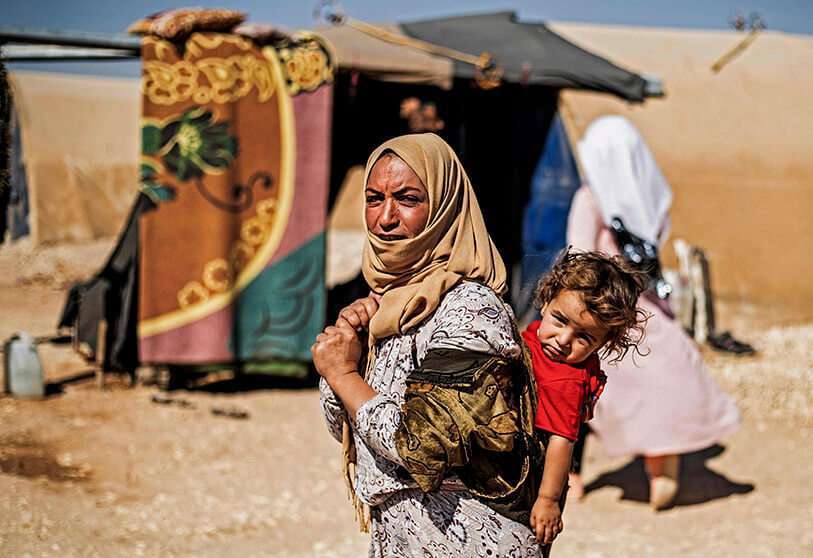
This offensive is becoming a daily nightmare for the Kurds themselves, but especially for women. Turkey is in the spotlight of the UN and the international community for its multiple allegations of rape and abduction of women who are subsequently sold into sexual slavery in Libya. These allegations continue to grow and are being picked up by the ranks of local human rights groups. Alongside this, Daesh is taking advantage of the power vacuum in the area to regain positions and re-emerge in the region.
The UN, along with displaced activists, claims that "the languages of the region are now Turkish and Arabic" and that "all signs in Kurdish have been removed", as they told Haaretz. Similarly, in cities that were once recognised as egalitarian spaces, a Turkish curriculum has been introduced in schools and Turkish flags and images of Erdogan have been hung on buildings.

A recent UN Human Rights Council commission of enquiry sent to Syria revealed a "surge in sexual and gender-based violence against women and girls" during the first half of 2020. According to the report, at least 30 women in the Kurdish town of Tal Abyad were raped in the month of February alone.
Since 2019, Kurdish women in the region have faced "acts of intimidation" by Syrian soldiers, "engendering a widespread climate of fear that has effectively confined them to their homes," the UN report adds.
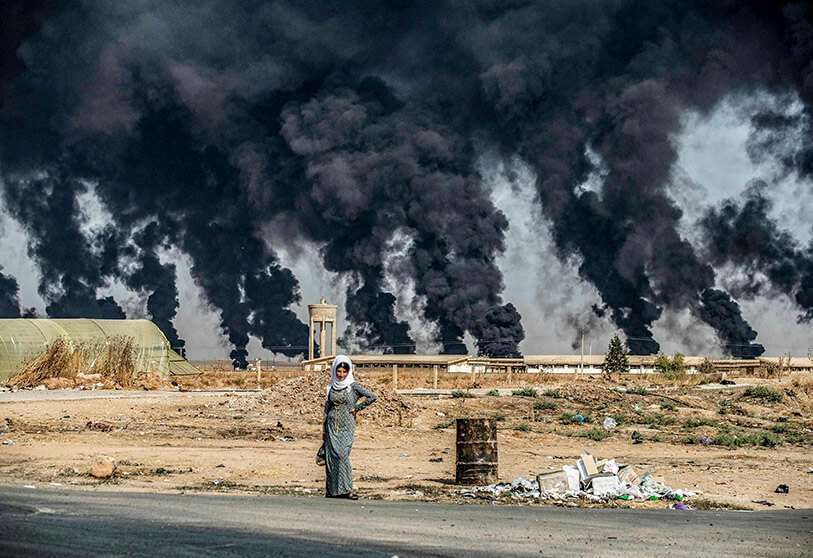
Turkey's first military intervention in Syria took place in 2016. In the operation, its efforts were directed at fighting Daesh forces located north of Aleppo province. However, Daesh was not the only enemy Turkey wanted to fight. The Ottoman country also aimed to prevent the advance of Syrian Kurdish militias belonging to the People's Protection Units (YPG) and the Women's Protection Units (YPJ) linked to the PKK and considered a terrorist organisation by Ankara, Brussels and Washington.
Since the withdrawal of US troops and Turkey's takeover of the area, attacks on the Kurdish population, especially women, have continued to increase. According to the NGO Rojava Madrid last June, an alleged Turkish drone attack killed three women. Among them was activist Zehra Berkel, known for fighting for women's rights in the village of Helince, just outside Kobane. Zehra's sister Delia Berkel said in a video that Turkey intends to "undermine our hope and our will", and stressed that they will not give "the enemy the pleasure of saying that they have killed a Kurdish woman or politician and thus destroyed the women's movement".
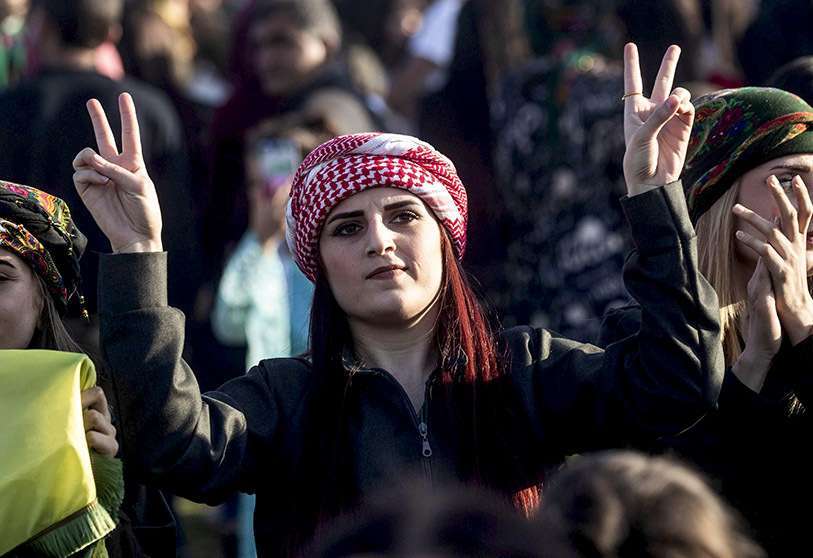
The YPJ have been an example of women's liberation in this area of Kurdistan. Kurdish women played an essential role in the recapture of the Syrian city controlled by Daesh in September 2014, with 40% of Kurdish fighters being women belonging to the YPJ. Among these actions, it is worth highlighting the performance of the militia woman Arin Mirkan after immolating herself in the streets of Kobane, causing the death of 14 jihadists.
According to Rojava Madrid, officials in the Kurdish enclave of Rojava told the media outlet Haaretz that Turkey systematically targeted women activists and politicians who have been leading the YPJ with the excuse that "they are neutralising terrorists". Many of the murdered women have been mutilated and their corpses have been displayed on social media. According to Dror Zeevi, professor of Middle East studies at Ben-Gurion University of the Negev, the perpetrators of these crimes are not Turks but rather "jihadists who have gradually become mercenaries" in the service of Turkey. This transformation from jihadists to mercenaries stems from Turkish support by rewarding them with the spoils of war. With this strategy, Turkey would be exempted from direct responsibility for the conflict.
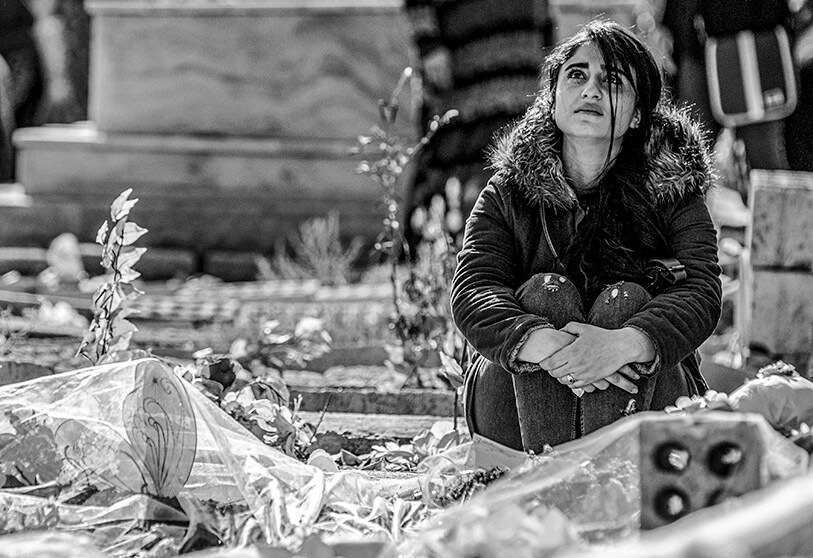
Given the importance of Kurdish women in the fight against Daesh as fighters and in the defence of feminism in the region, Zeevi told Rojava Madrid that these women represent for the jihadists everything they detest and that their actions against them would be a kind of "revenge or revenge".
Today, according to Iraqi Kurdistan's Prime Minister Masrour Banzani, despite the territorial and human loss suffered by the jihadists with the liberation of Kobane, Daesh is still active and has managed to accumulate more experience, recruiting more people to its ranks. The terrorist group still has some 20,000 fighters in Iraq and Syria. The reasons for this resurgence remain the same as those that enabled its uprising in 2014: the chaos that continues to reign in Syria and the inability of the rulers to resolve the economic crisis, corruption and poor governance.
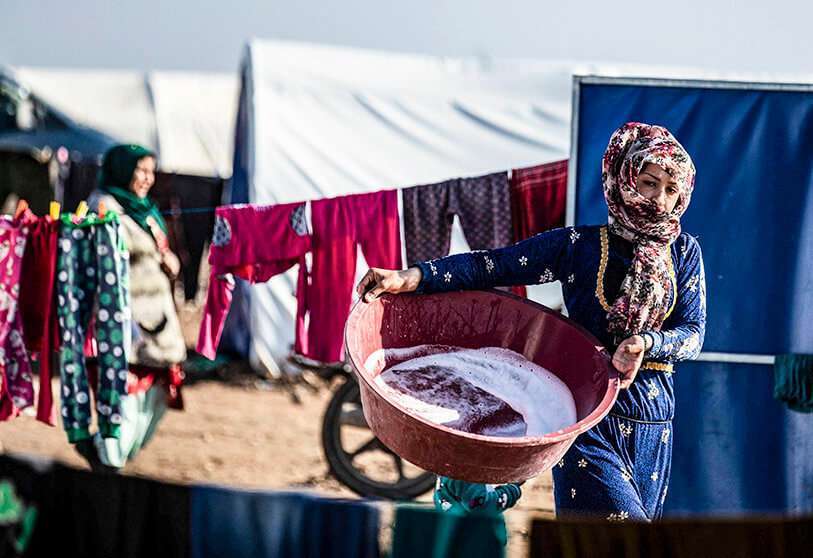
The YPJ often claim that defeating Daesh only requires determination and a clear ideology of defending freedom. According to Commander Meryen Kobane, there would be no need for international intervention if sufficient military aid were provided and a different approach adopted, stressing the idea of fostering unity among the people of the Middle East and the creation of a common defence force.
The example of the defence of the city of Kobane has become a symbol that has nurtured the awareness of self-defence as a basis for resistance and as a lesson that has served to demonstrate that its strength is sufficient.
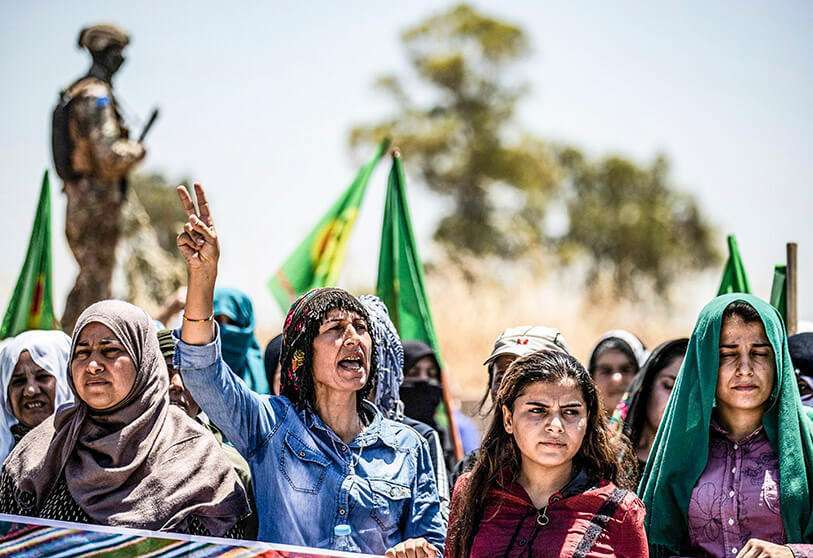
The case of the YPJ is a highly striking one as they are women who suffer further oppression aggravated by the forms of governance in the Middle East. Women fighters are making gains in equality that have not been considered in many European countries, such as the case of a dual presidency marked by a man and a woman. Moreover, they are fighting an enemy common to any democratic country, which is none other than the irruption and terror applied by terrorist groups such as Daesh, but it is not the only one. Thus, the YPJ have won major victories in Syria, bringing about the liberation of many women who were subjected to their yoke.
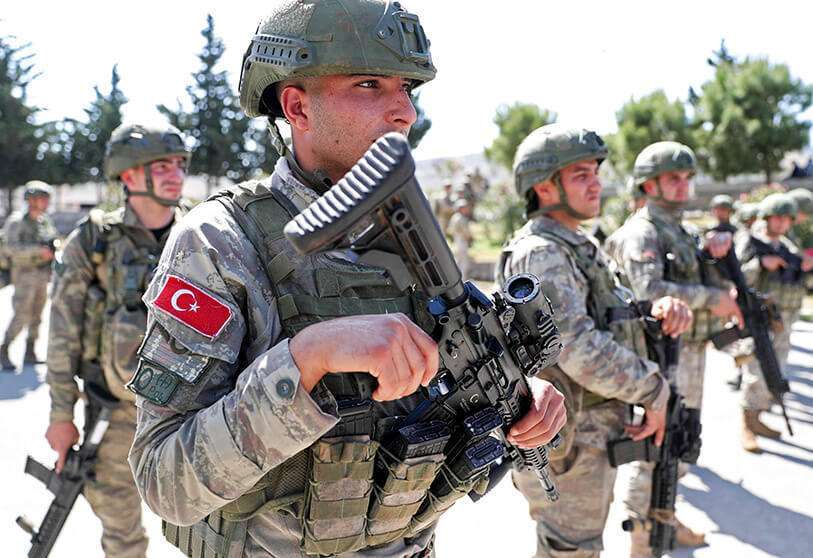
However, this revolution needs international support. The fact that Turkey's actions are hushed up and only the victories gained from fighting Daesh are reflected, means that there is not enough information to support this movement and that it is not publicised. It is necessary for Western countries to take a stand against the barbarity, not only of Daesh, but of all those forces of the Syrian regime and countries that support it by directly attacking all human rights.








